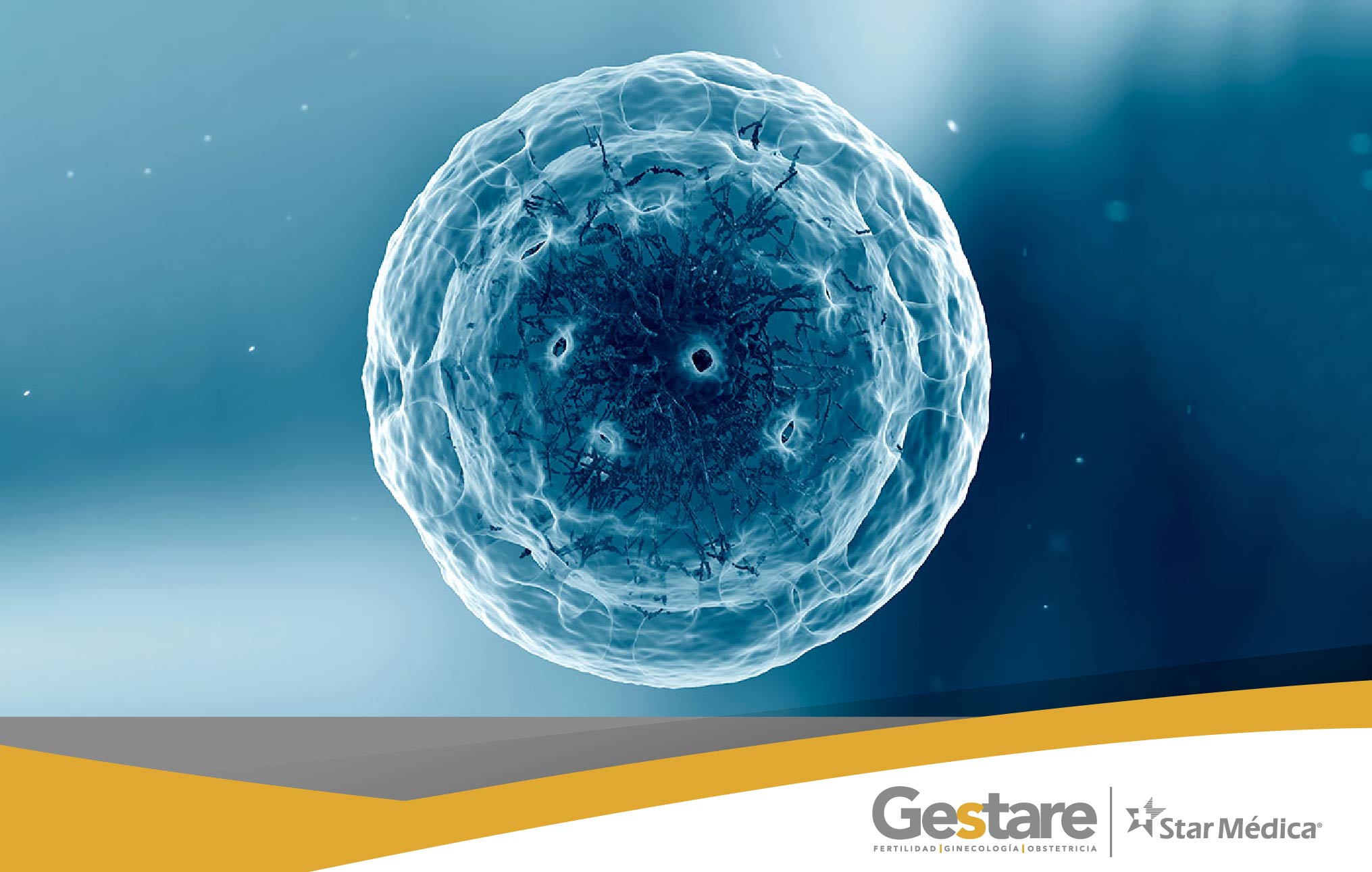Egg Bank
The socio-cultural change that the world has experienced in the last two decades has conditioned notable changes in woman gestational desires. Situations such as the incorporation of women into the workplace or college, have resulted on postponing motherhood. However, the reality is that women’s fertility decreases with age due to the decrease of the ovarian reserve with the passage of time, to place around the ages of 37-38 years.
In Gestare we follow a thorough a donor selection process in which we consider factors such as age, medical, genetic and psychological situation, body mass index, family history and attitude towards life.
Our Egg Bank is carried out under strict quality and patient safety controls. According to regulatory framework of our country, all gamete (egg or sperm) donation must be anonymous and voluntary, so that the identity of the donors and recipients is not revealed.
Egg donation can be done through in vitro or frozen eggs.
What are frozen eggs?
The eggs obtained from the donation procedure are frozen through vitrification. It consists of rapid freezing of the eggs, keeping the cellular structure intact, which gives excellent integrity and better development of the eggs. This technique has been perfected so that the eggs that are vitrified and survive thawing, and have a similar behavior to fresh eggs. This means that they can be fertilized by sperm with the same options to generate and develop good quality embryos, capable of implanting and developing pregnancies.
Egg freezing has certain advantages such as its availability when the patient decides, a lower cost of procedure, has more than a 90% survival rate when thawed, and has a good result in the pregnancy rate.
They are fresh eggs?
To obtain the eggs, it is necessary to carry out a previous stimulation of the donor’s ovaries by means of injected hormones, to achieve the formation of a greater number of eggs. Subsequently, the oocytes are captured through a follicle aspiration procedure, then the newly recovered oocytes are donated to the recipient patient.
In which patients is egg donation indicated?
Women whose ovaries don’t have the same function for some disease. If they have a diagnosis of genetic diseases that can be inherited to their children. Or if they don’t respond to stimulation with medication, if their eggs are of poor quality.
How are donors chosen?
At Gestare we follow a meticulous selection process for our donors in which our team of medical professionals considers factors such as age, medical, genetic and psychological situation, body mass index, family history and attitude towards life. In addition, we try to ensure the greatest physical similarity with the recipient.
What’s the procedure to go through to become a donor?
You must be evaluated by our team of medical professionals for an interview to know your medical, family and psychological history. Next we do a gynecological examination and if required by the recipients, genetic analysis will be done to rule out the existence of hereditary diseases. Subsequently, a medical treatment is indicated to stimulate ovulation. That involves a series of scheduled reviews in the office that includes sonographic review and laboratory studies to assess the response to treatment. Finally, a follicular aspiration is scheduled to collect the eggs.
This procedure is performed on an outpatient basis, under general anesthesia and guided by sonography. The gynecologist extracts the mature eggs in about 15 to 20 minutes.
Afterwards, you must stay for 2 to 3 hours period in recovery and then be discharged with some doctor recommendations
Which are the risks and side effects of egg donation?
The main risks of this therapeutic procedure are:
- Ovarian hyperstimulation syndrome: This consists of an exaggerated response to ovarian stimulation treatment as a result, the ovarian response is excessive and there is a development of a large number of follicles with an increase in size. This can produce symptoms such as mild to moderate abdominal pain and abdominal distension and discomfort. In some occasions (less than 2%) it can be severe.
- Psychological risks: Psychological anxiety disorders and depressive symptoms may appear.
- Risks of anesthesia which are explained in the informed consent that you will be able to read in detail and sign if you agree with the procedure. That’s an important requirement to be a donor.
Does egg donation affect my ability to be a mother in the future?
The answer is yes. Going through an egg donation procedure doesn’t mean that you’re going to lose a significant number of eggs, or that would ran out of them. We get several eggs to reach the right size to mature without affecting the total ovarian load you have.
Requirements to be a donor
- Be between 18 – 25 years old and have known maternity (have at least one child).
- No tattoos and/or piercings.
- Willingness to take medication to stimulate egg production.
- To attend consultations to assess the response to hormonal stimulation treatment.
- No history of genetic diseases, infectious diseases or sexually transmitted diseases.
Do you want to be a donor?
You can schedule an appointment or leave us your information in the contact section and we will contact you.

